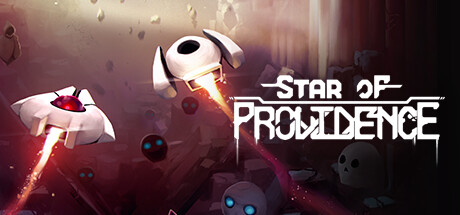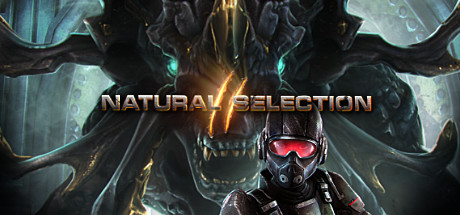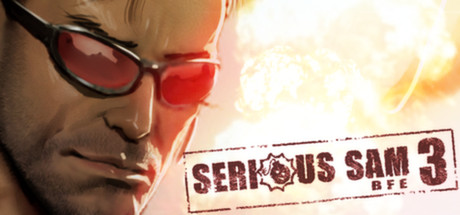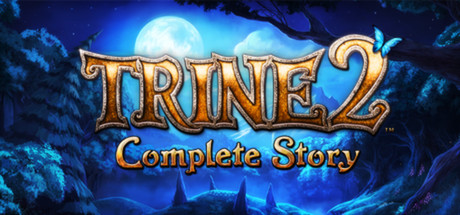Tempo di gioco:
1056 minuti
Star of Providence aims to deliver a concise and refined roguelike experience, more akin to linear titles such as Hades or Spelunky, than the massive and highly varied Binding of Isaac or Gungeon. It sets a clear goal and fully achieves it, maintaining a level of challenge that encourages players to keep going, exploring, and improving.
The main strength of Star of Providence is undoubtedly its dynamism. The game constantly demands the player's full attention, creating a frantic experience that tests reaction speed and strategic thinking. This is emphasized by the chaotic enemy attack patterns and the claustrophobic size of the rooms: players must weave through enemy bullets, around moving obstacles, in tiny rooms, while fighting back.
The result is a game that frequently delivers that extremely satisfying feeling of being in a state of "flow," where everything seems to click perfectly, making the gameplay feel seamless. However, the tension remains high—one single mistake can trigger a chain reaction of consequences, increasing the pressure on the player.
The money multiplier system is a perfect example of this dynamic approach: as players progress, they build momentum, but with the constant risk of losing everything in an instant. A higher multiplier means more money, which means affording more items in shops, more health, more ammo.
Weapons have a demolition mechanic that rewards players for switching weapons regularly, so swapping out a weapon before it's completely out of ammo translates to more money and health.
Having good health at the end of a floor allows players to confidently choose a damage upgrade instead of a health upgrade as a boss reward, which then leads to faster fights, less ammo spent, and (statistically) fewer hits taken.
In short, a player's gradual improvement is amplified through a virtuous cycle of positive consequences, rewarding actual skill growth.
The automatic bomb reload system and the constant weapon switching encourage players not to hoard resources but to use them freely, in order to maximize their chances of success and seamlessly follow the flow of the game. To put it simply, you have to work with what you're given, handle whatever the game throws at you.
The ideal approach is not to accumulate but to utilize all available resources to avoid hurting what really matters: your health and multiplier. After all, running out of bombs isn't a bit deal, running out of health is.
Personally, as someone who dislikes anxiety-inducing ammo management mechanics (one of my least favorite aspects of Gungeon, for example), I find great relief in knowing that the weapon I'm using is only temporary and that I'll be replacing it within minutes.
The gameplay is just stellar, isanely frantic and precise. You constantly face insurmountable odds and awe-inducing bosses, daunting walls of bullets and swarms of enemies, and getting through it all with your ship intact feels amazing.
One somewhat questionable aspect of *Star of Providence* is its learning curve and transparency. While the mechanics become clearer once players get into the game, the tutorial is basic and pretty barebones. It leaves room for self-discovery but also arbitrarily withholds important information that could greatly assist newcomers.
Some essential options, such as strafing, are not enabled by default and must be manually activated in the settings, which can be frustrating for beginners. Additionally, crucial mechanics like the multiplier system, the bomb recharge system, or how money is managed between runs are not well explained, forcing players to look for external resources to fully understand them. This can be a drawback, especially given the game's (until very recently) niche status.
Although the structure of each run is highly addictive, repetition can set in over time. The runs themselves are not particularly varied, and while the game's replayability is high, it relies more on the intensity of the gameplay and the short length of the runs rather than on their randomized uniqueness. Each session tends to feel similar to the others, and despite offering an interesting and dynamic challenge, the lack of significant variety in situations or upgrades can make the experience somewhat repetitive.
Paradoxically, the gameplay variety within a run, with its constant weapon swaps, feels greater than the variety between different runs.
Ultimately, while the game may feel impenetrable for many players, it provides an extremely satisfying experience for those who enjoy the fast-paced challenges of classic shmups. Its short-run structure makes it perfect for quick and engaging gaming sessions. The lack of variety in runs and upgrades doesn't really detract too much from the overall formula, not when the gameplay is this good.
Star of Providence is a game that knows how to keep players engaged, but it could benefit from deeper mechanics and better information management to offer an even more complete experience.
👍 : 0 |
😃 : 0









